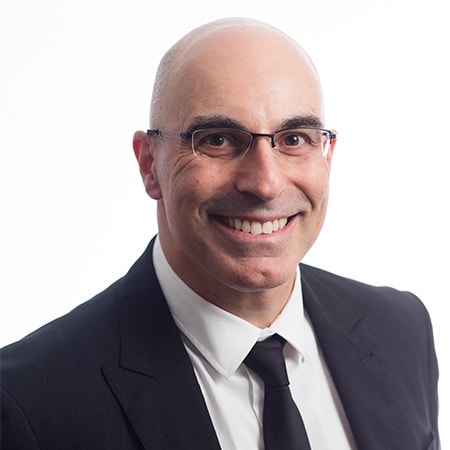From the age of about 40, men start to develop changes associated with an enlarging prostate and may suffer from symptoms such as poor flow, frequent urination, difficulty starting, urgency and incomplete bladder emptying.
Why do men experience these changes?
An enlarged prostate, due to benign prostatic hyperplasia (or BPH), changes shape and size, and narrows the urethra (the tube that carries urine from the bladder through the prostate).
Symptoms associated with BPH can be difficult to ignore and can interfere with living a regular, healthy life.
Having a weak, poor flow rate and not feeling empty after urination can be very frustrating and sometimes even uncomfortable.
Frequent urination can disrupt your sleep, as well as your partner’s, and lead to tiredness and irritability.
As you age it can also increase your risk of falling during the night as you get up to find the toilet.
Surgery can be an option
If medication isn’t providing enough symptom relief or causes unpleasant side effects surgical treatment is worth considering.
GreenLight laser treatment has a number of benefits including less bleeding, shorter catheterisation time and shorter hospital stay.
Most patients experience rapid relief of symptoms and a dramatic improvement in urine flow, usually within days of the procedure.
The procedure typically takes one hour and does not have an effect on erectile function subsequently.
Talk with your doctor about whether GreenLight Laser Therapy is appropriate for you.


